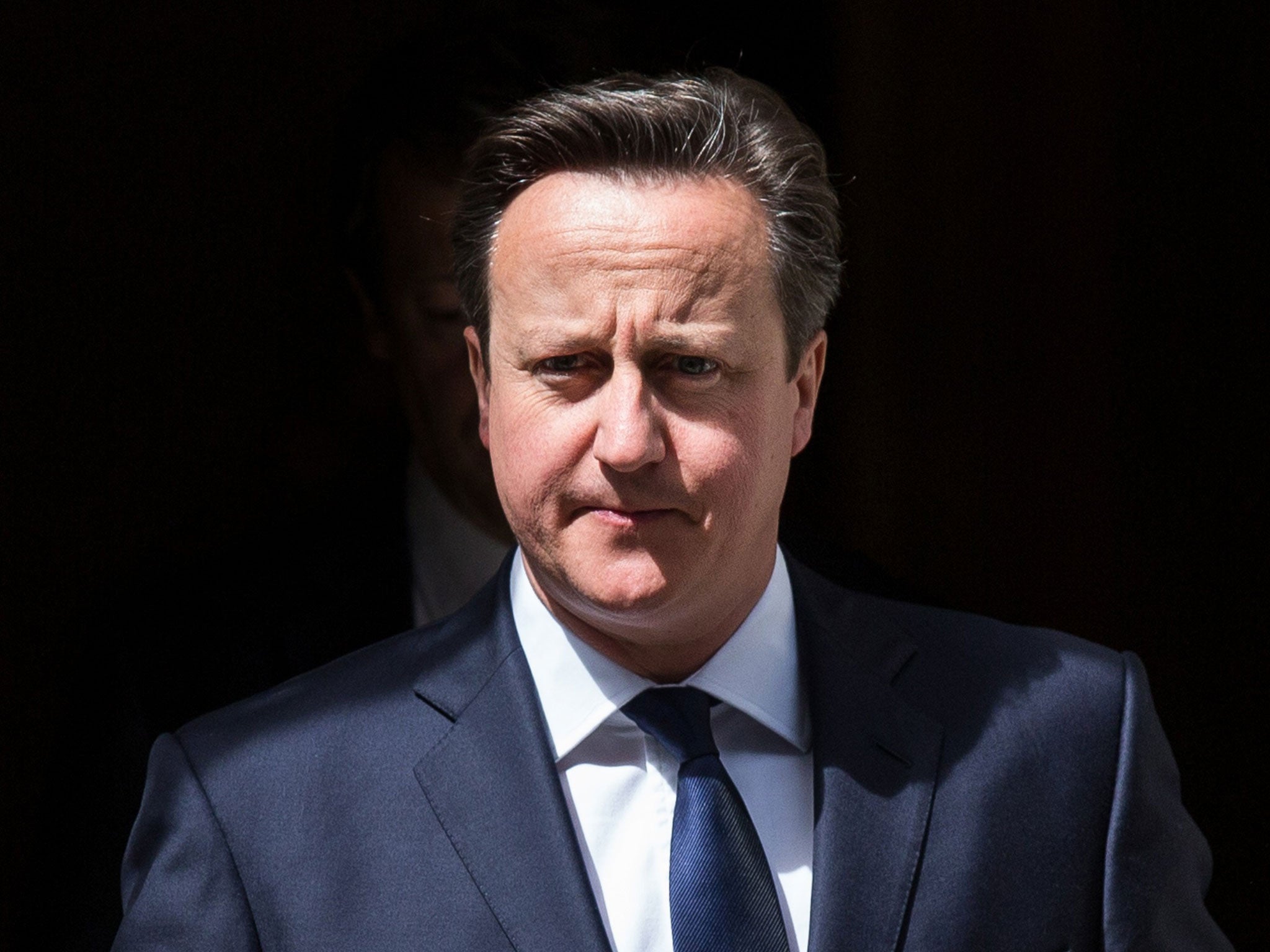EU referendum: David Cameron 'optimistic' over European Union concessions – but refuses to spell out demands
Cameron is optimistic he can successfully negotiate a new deal for the UK after EU leaders formally opened talks on 'the British question' in Brussels

Your support helps us to tell the story
From reproductive rights to climate change to Big Tech, The Independent is on the ground when the story is developing. Whether it's investigating the financials of Elon Musk's pro-Trump PAC or producing our latest documentary, 'The A Word', which shines a light on the American women fighting for reproductive rights, we know how important it is to parse out the facts from the messaging.
At such a critical moment in US history, we need reporters on the ground. Your donation allows us to keep sending journalists to speak to both sides of the story.
The Independent is trusted by Americans across the entire political spectrum. And unlike many other quality news outlets, we choose not to lock Americans out of our reporting and analysis with paywalls. We believe quality journalism should be available to everyone, paid for by those who can afford it.
Your support makes all the difference.David Cameron rejected pressure from Conservative Eurosceptics to disclose what would make him urge the British people to vote to leave the European Union in the referendum to be held by 2017.
The Prime Minister told the Commons he was an “optimist” that he could successfully negotiate a new deal for the UK after EU leaders formally opened talks on “the British question” at their Brussels summit last week.
Eurosceptics claim Mr Cameron is entering the process with his mind made up to propose an In vote even if he wins only minor concessions. Some believe he would get a better deal if he threatened to recommend an Out vote.
During a Commons statement on the summit, Sir Bill Cash, a veteran Eurosceptic, told the Prime Minister that “given he [Mr Cameron] has been buffeted by criticism by other European leaders…what would it take for him to recommend voting Out?” Mr Cameron replied: “I go in as an optimist and I believe we can get a good deal for Britain.” But he admitted that some issues would be difficult, and that “tenacity and patience” would be needed to secure reforms.
Harriet Harman, the acting Labour leader, said Mr Cameron should not keep the British people "in the dark" over his efforts to renegotiate relationship with the EU. She called for greater transparency, saying that because the British public and other European leaders are "not entirely clear" about his aims.
Mr Cameron is deliberately refusing to set out a shopping list of demands as he tries to strike a deal acceptable to both the EU and his backbenchers. He promised to keep Parliament informed and dismissed criticism that reforms would not be written into the EU’s governing treaty before the referendum. He said: "What matters when it comes to changing the treaties is making sure there is agreement on the substance of the changes we will see, which will of course involve treaty change. That's what matters and that is what we'll hope to achieve."
John Redwood, the former Tory Cabinet minister, said the “conflict” between the Greek government and the EU showed “Britain was right to seek powers back so that we have under democratic control the things that matter to prosperity and security.” Mr Cameron replied that the Greek crisis showed it was possible to have different memberships of the EU – for instance part of the single market but not part of the Eurozone.
Steve Baker, who chairs the Conservative for Britain group of more than 100 MPs, said he “welcomed the direction of travel” from the Prime Minister on reform.
Join our commenting forum
Join thought-provoking conversations, follow other Independent readers and see their replies
Comments